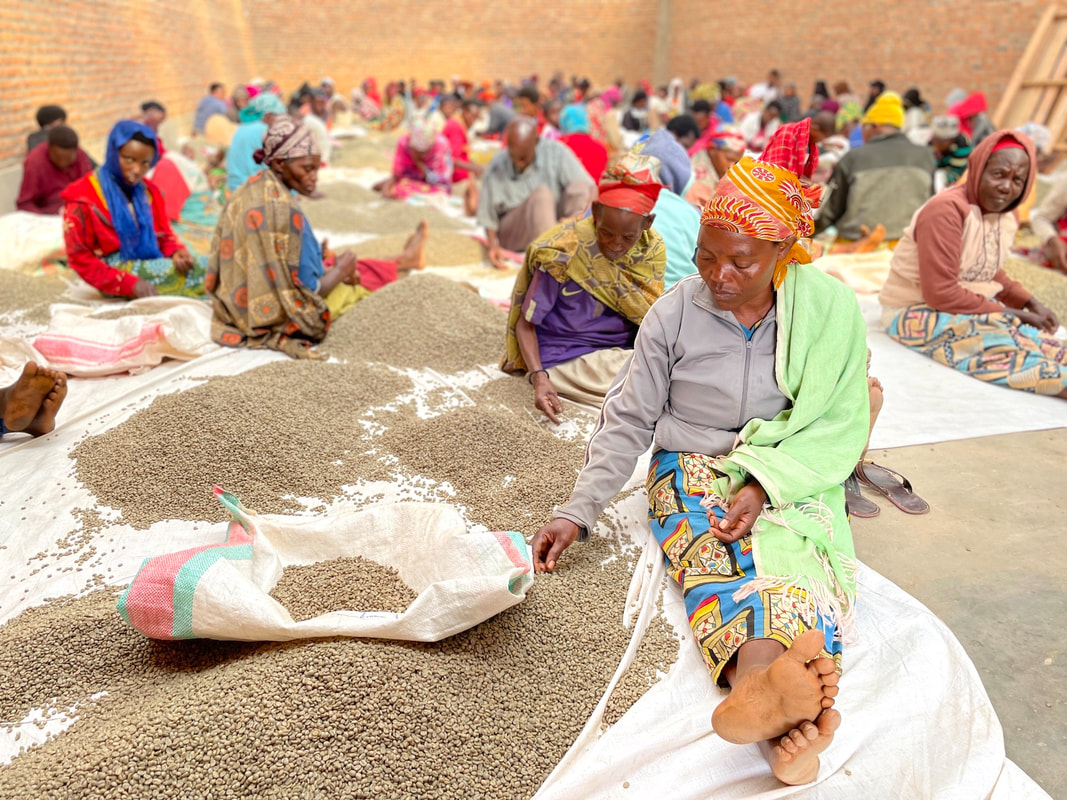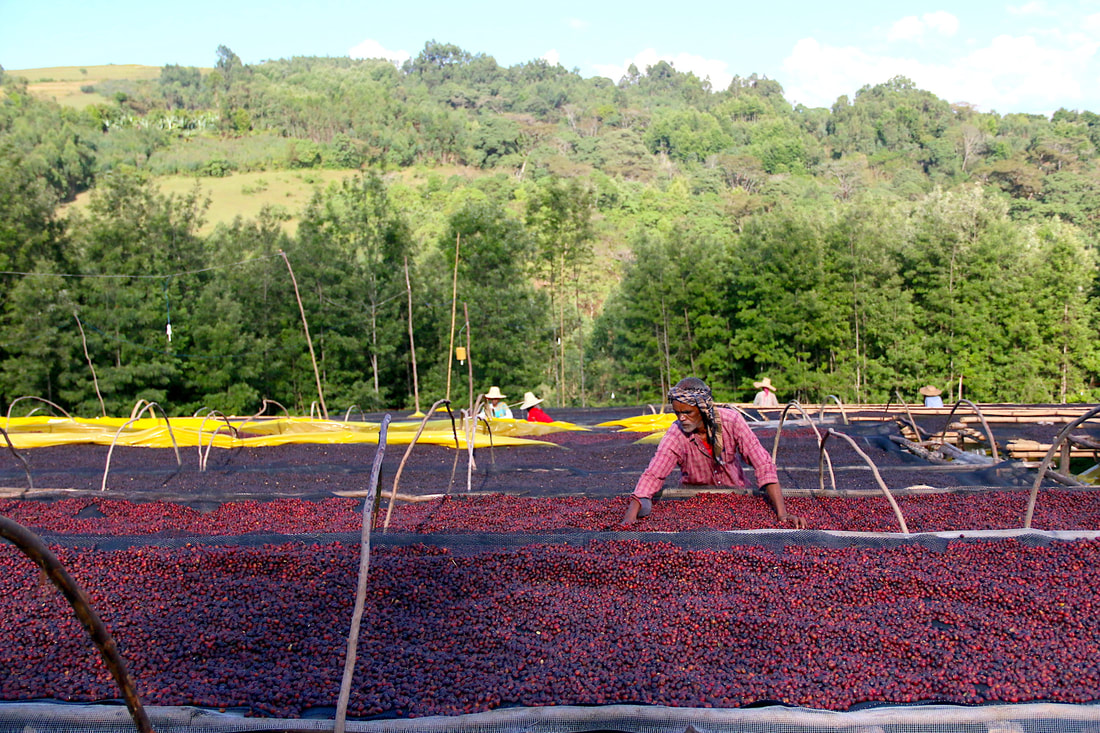|
It's a question we get a lot, especially when we have popular coffees such as Ethiopia or Kenya coming in. Although the logistical process is not difficult per se, it involves so many steps that this, make it complicated. Therefore, it requires proper planning and coordination. At each of these steps there is a risk for quality of the coffee to be affected if anything goes slightly wrong. As we know, the quality of coffee is determined by the quality of the harvest, i.e., how ripe the cherry is when it is removed from the coffee tree. This is the maximum point of quality in the production chain, after that, everything is deterioration, or at best, maintenance. The task of getting your coffee from the plant to your roastery is what we call coffee logistics. It is a process that consists of three main stages: production, preparation and export/distribution. Each of these stages contains a series of sub-stages or tasks that are carried out by a large number of people and/or machinery. It is also important to note that a number of customs, legal and sanitary rules and regulations must be complied with. Furthermore, in our role as importers or buyers of green coffee, we must ensure that the highest quality standards are met at each of these stages.
0 Comments
During the early days of our civilisation, in the place where Ethiopia is today, local tribes used to consume coffee by roasting the whole cherry until it was burnt. The charred cherry was then added to a beverage of cow's or goat's milk and butter. The result was an intensely flavoured, protein-rich and nutritious drink that is still consumed to this day in some areas, such as Guji. I had the opportunity to try it and honestly, I didn't like it. The texture and taste of the milk with the butter plus the burnt cherry is not a good mix for my understanding of taste, but as I was invited to the home of a very traditional brewing family, it is frowned upon in Ethiopia to refuse what you are offered, and I had to drink it anyway. I was offered a second one, but that I refused because I couldn't take it anymore. As we know, Ethiopia is the birthplace of the Arabica species and the place where the history and culture of coffee in the world begins. The natural processing method is the oldest way of processing coffee, and it is also born in Ethiopia, then implemented in Yemen and spread all over the world. Before someone invented the washed method, which by the way nobody knows who and when it was created, all coffee was processed using the natural method. In Ethiopia, natural coffees have been produced for centuries and to this day, to a lesser extent than washed coffees. But due to climate change and desertification in Ethiopia and many other coffee producing areas of the world, natural coffees are projected to regain prominence.
|
Archives
April 2024
Categories
All
|
- What We Do
- Que Hacemos
-
Origins
-
Orígenes
- Education
- Educación
- Contact
- Contacto
- Home Roaster Store
- Tienda del Home Roaster

|
Copyright © 2015-2024 | Kilimanjaro Specialty Coffees España S.L.U. All Rights Reserved.
|



 RSS Feed
RSS Feed